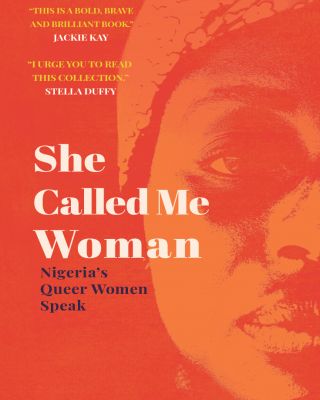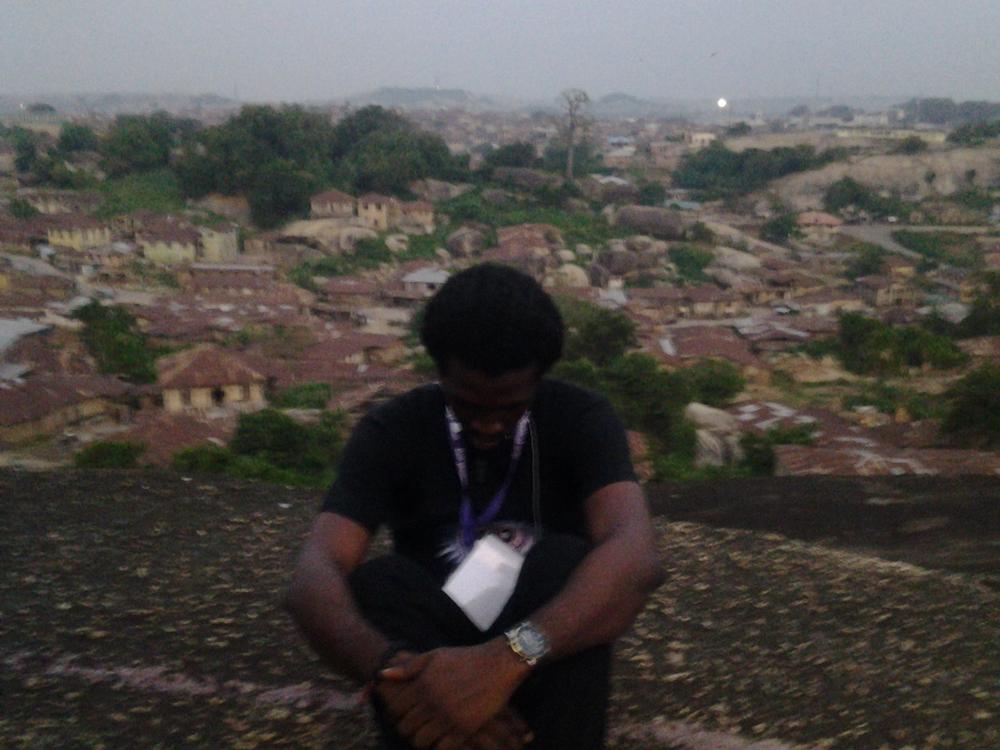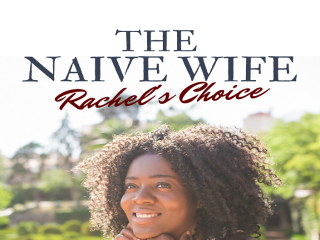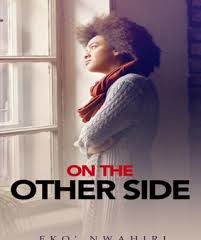Features
#LiterallyWhatsHot: “She Called Me Woman” – Interrogating the Nigerian Female Queer Space
 We live in a male-dominated world. The influence of patriarchy and male domination is everywhere, from the subtle to the bold, and it is foolishness to pretend it is not.
We live in a male-dominated world. The influence of patriarchy and male domination is everywhere, from the subtle to the bold, and it is foolishness to pretend it is not.
Enter feminism, the courage of the twenty-first century. Women’s rights are being fought for, front and center. The diehard traditionalists, who use the term to loosely mask their patriarchy are fighting tooth and nail, citing authority from any and all sources, ranging from scripture to stricture.
They fail to see that they are fighting a losing battle, for the man who will “not take nonsense from a woman who squats to urinate” will also, funnily, not allow “some useless man from god-knows-where” to take advantage of his princess(es), as he will refer to his daughter(s). Thus the staunchest opposers of feminism become its strongest advocates when the tables turn and their own children are in the crosshairs.
But what about daughters who are not daughters, or daughters who do not love sons? The Nigerian queer female is the ultimate alien, a living, breathing UFO. Unseen, unheard, and even when seen and heard, ignored. The average Nigerian man is willing to engage with the idea of a gay female only in two ways: as someone freaky, who he can have a threesome with, or as a passing fancy, a whim, a bad habit that will be dropped with the onset of maturity. It is disturbing that even the first is bisexuality, which is more common than we think and takes no note of the females who are not attracted to male bodies, who do not love men.
That is why this anthology is important. The narratives contained therein are the true and (only slightly) embellished accounts of the lives of gay women in various parts of the country, and their battles against the ethno-religious and cultural strictures associated with being female and queer in a country like Nigeria. Granted there are a few stories of transgenders and gender fluidity, but this book, this beautiful book, is a celebration of femininity at its most sexual, most liberated form. This is womanhood rising up to define themselves by themselves, and not in relation to what the world (read this as men) wants them to feel like.
Women have always been repressed, at least in the two religions that are most relevant in the context under discussion, and it is disheartening how parents attempt to beat, abuse and otherwise traumatize the “queerness and otherness” out of their children in the name of love. The editors and curators deserve some, nay, a great many accolades for the bold step they took, and it is my hope that this goes some way towards enlightening you and me of the validity of women in all their types and forms.
Special shout-outs to the heroines who decided to stand out and tell their stories. I may not know your names or faces, but I see you, and I want you to now, you are valid, you are worthy. I need the hardcopy version of this book, and I need two copies, one because it is such beautiful writing as curated and edited by these three lovely women, and another as a constant reminder that we have no real business judging something we have not experienced. Read this book. Read it again, and perhaps this humanity we share will be more than mere talk.
You can get a copy of She Called Me Woman – Nigerian’s Queer Women Speak on OkadaBooks. Read it here.
 Eye Kay Nwaogu is a writer, born in Nigeria, brought up all over the place, and chasing his dreams. He writes nonfiction, book and music reviews. But when he is writing fiction, his heart sings loudest. He is a lover of travel and food, and when he is not writing, he is seriously thinking of what to write, or read
Eye Kay Nwaogu is a writer, born in Nigeria, brought up all over the place, and chasing his dreams. He writes nonfiction, book and music reviews. But when he is writing fiction, his heart sings loudest. He is a lover of travel and food, and when he is not writing, he is seriously thinking of what to write, or read




















